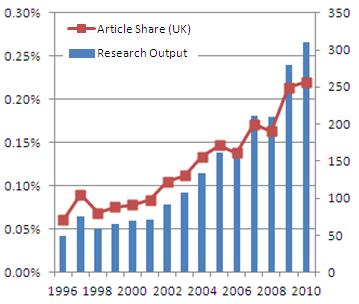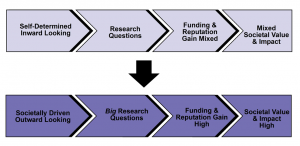COST Actions are a flexible, fast, effective and efficient networking instrument for researchers, engineers and scholars to cooperate and coordinate nationally funded research activities. COST Actions allow European researchers to jointly develop their own ideas in any science and technology field. COST Actions are bottom-up science and technology networks, open to researchers and stakeholders with a duration of four years. They are active through a range of networking tools , such as workshops, conferences, training schools, short-term scientific missions (STSMs), and dissemination activities. COST does not fund research itself.
COST prides in its support for high-risk, innovative and emerging research themes. Importantly, COST does not set any research priorities. 
Currently on the COST website is a report on Collecting research data to counter femicide worldwide
Femicide across Europe is the first pan-European research network investigating the causes and risk factors of a phenomenon killing thousands of women every year, worldwide.
Femicide refers to the killing of women and girls because of their gender. European researchers studying the cultural, societal and psychological causes and risks factors behind femicide set up the network to fight the phenomenon through advocacy and research. One idea is to create a European Femicide Observatory gathering and comparing data from each of the 30 countries involved, of which half are Inclusiveness Target Countries . The goal is to come up with new guidelines and shape new EU public policies countering killings.
Specialists have been studying quantitative and qualitative data and ways to reduce discrepancies in country records. Such discrepancies are often due to the different definitions of femicide, which is sometimes seen as gender-based violence.
“When our COST Action was first proposed, the term femicide was not widely used. Everyone knew of homicide, but few had given thought to the fact that some women, particularly those involved in intimate relationships, were murdered simply because they were women. Today, two years within the COST Action, ‘femicide’ has become a buzzword, Action Chair Dr Shalva Weil explains.“
Network members have also been advocating for a more straightforward approach to lowering femicide rates in Europe. They have already addressed the Portuguese Parliament and the Parliament of Aragon in Spain. The network also took part in two United Nations sessions in Bangkok (November 2014) and New York (October 2015).
By participating in the network’s training schools and scientific exchanges, young researchers are also given the chance to better understand the phenomenon EU-wide. One outstanding result of the Action’s work is a comparison of national statistics from 10 European countries .
The Action’s next annual meeting will take place in Ljubljana, Slovenia, in May 2016.
Why not take a look at the COST Action database to see if there is a current Action relating to your research? You can then consider joining an existing Action or submitting your own proposal.
Click on the tag COST Action (below) to see other BU posts on this topic, including Edwin van Teijlingen’s report on his recent publication and his experience of attending a COST Action Training School.
If you are interested in applying for COST, please contact Emily Cieciura, Research Facilitator: EU & International of you Faculty’s Funding Development Officer.














 The next round of the internal small grants scheme closes this month on 31st May. The scheme provides up to £2000 per application for direct costs.
The next round of the internal small grants scheme closes this month on 31st May. The scheme provides up to £2000 per application for direct costs.

 The EPSRC has
The EPSRC has 











 Nursing Research REF Impact in Nepal
Nursing Research REF Impact in Nepal Fourth INRC Symposium: From Clinical Applications to Neuro-Inspired Computation
Fourth INRC Symposium: From Clinical Applications to Neuro-Inspired Computation ESRC Festival of Social Science 2025 – Reflecting back and looking ahead to 2026
ESRC Festival of Social Science 2025 – Reflecting back and looking ahead to 2026 3C Event: Research Culture, Community & Cookies – Tuesday 13 January 10-11am
3C Event: Research Culture, Community & Cookies – Tuesday 13 January 10-11am Dr. Chloe Casey on Sky News
Dr. Chloe Casey on Sky News ECR Funding Open Call: Research Culture & Community Grant – Application Deadline Friday 12 December
ECR Funding Open Call: Research Culture & Community Grant – Application Deadline Friday 12 December MSCA Postdoctoral Fellowships 2025 Call
MSCA Postdoctoral Fellowships 2025 Call ERC Advanced Grant 2025 Webinar
ERC Advanced Grant 2025 Webinar Horizon Europe Work Programme 2025 Published
Horizon Europe Work Programme 2025 Published Update on UKRO services
Update on UKRO services European research project exploring use of ‘virtual twins’ to better manage metabolic associated fatty liver disease
European research project exploring use of ‘virtual twins’ to better manage metabolic associated fatty liver disease